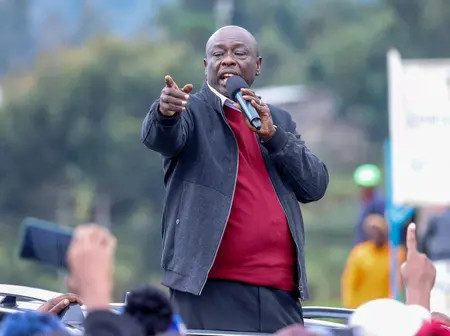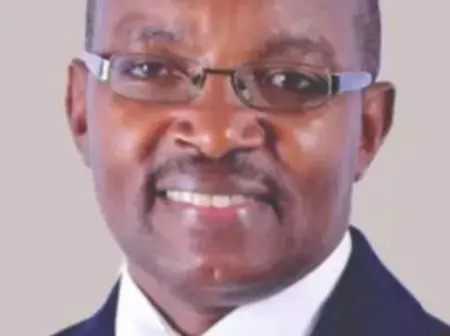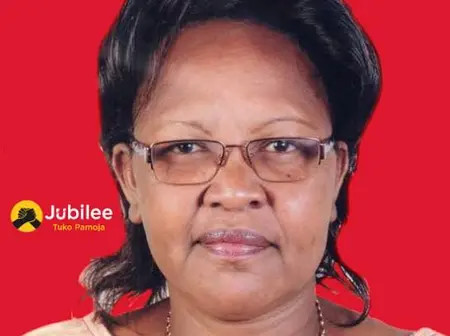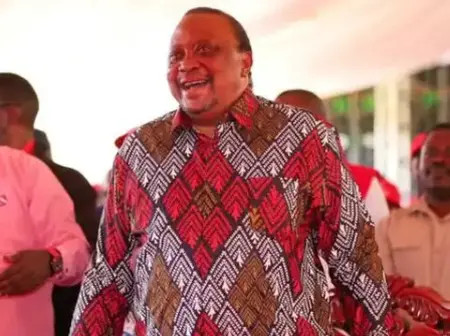
Former Deputy President Rigathi Gachagua has called upon Kenyans to draw lessons from Malawi’s recent presidential election, where President Lazarus Chakwera was defeated by Peter Mutharika.
In a statement issued Thursday, September 25, Gachagua said the Malawian people’s decision should serve as inspiration for Kenya. He encouraged citizens to shake off fear, cynicism, and despair. According to him, the courage shown in Malawi is a reminder that ordinary people can use democratic tools to take back control of their future.
“I urge the people of the Republic of Kenya to take strength from the boldness and sovereign power exercised in Malawi. Just as our Malawian brothers and sisters, we must reject fear, reject cynicism, reject hopelessness. Let us reclaim our future through democracy,” Gachagua said.
He congratulated Peter Mutharika on his victory, describing it as “a significant milestone,” and stressed its importance for the future of democratic elections across Africa.
He said that the Malawian result affirms that African citizens are alert—they see, they feel, they think—and they are ready to act. Kenya, he added, was watching.
With the general elections set for 2027, Gachagua said Kenyans are made of “wise people” who will make their voices heard when that moment comes.
Gachagua’s remarks come at a time when many Kenyans are feeling disillusioned with politics and governance.
The statement is meant to serve both as encouragement and as a warning: that hope is not lost, and that change is possible through the ballot, not through resignation to the status quo.
Malawi’s electoral outcome, where an incumbent was unseated in a democratic contest, is held by Gachagua up as proof that power truly belongs to the people.
The peaceful transfer of power—enshrined in democratic norms—demonstrates that when people organize, vote, and hold leadership to account, they can open the way for new leadership.
This message is especially significant in the Kenyan context, where debates about electoral fairness, civic engagement, and the role of opposition are increasingly prominent. Gachagua urged citizens to stay engaged, to make sure their votes count, and not to lose faith in democratic institutions.
As citizens prepare for 2027, Gachagua is calling not just for passive observation but for active participation: to mobilize, to organize, to monitor, and to demand accountability. The example of Malawi, he suggests, shows what is possible when citizens refuse to accept hopelessness and instead act with resolve.
In essence, Gachagua’s message is that change begins with belief and action. Drawing on Malawi’s recent shift in leadership, he says Kenyans too must believe they have power. Through courage, democratic engagement, and an unwillingness to yield to cynicism, Kenyans can chart a future that reflects their hopes, aspirations, and collective will.




